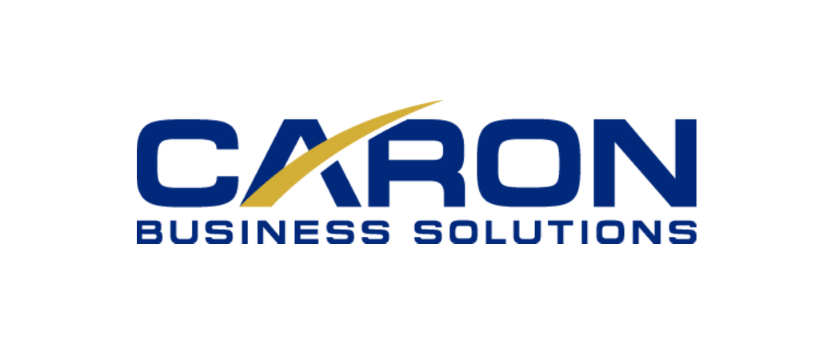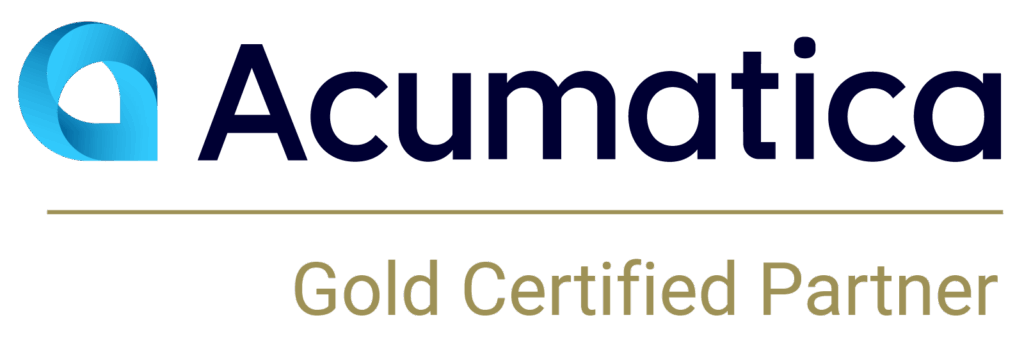When it comes to choosing the right Customer Relationship Management (CRM) approach for your business, it’s important to understand all the benefits before beginning your selection process. When you launch a CRM implementation, your choices can impact nearly everyone in your company.
These “Back to Basics” ideas for implementing a CRM program inside a business were collected from executives, managers, employees and consultants who shared their experiences. The series was created by David Beard, CRM Principal at Sage. The goal of this series of articles is to provide you with useful information as you choose a new CRM system.
On to our opening article and the first four ideas:
1. CRM is more than a product, it’s a project
When your company chooses to implement a CRM system, it is taking a dramatic step forward in its customer commitment. And, since customers drive your business, you’re leaping ahead in your ability to generate and manage revenue too. The benefits of CRM come not only from the product you purchase but also from the implementation plan you follow. The more thoroughly you embrace a company-wide CRM project, the more your company will benefit from the features your CRM software offers.
Choosing a CRM system is often the simple part: the implementation can be hard. That’s why we always recommend working with a recognized expert in the area to learn from their experience in delivering successful CRM projects. Through the course of a widely scoped project, it is common to uncover areas and functions that can be automated that were not considered before. If you work with an experienced consultant your CRM system can deliver more than you originally planned.
2. Customers are everywhere: clients, vendors, employees, and mentors
It used to be easy to define the word “customer.” But companies are becoming more diverse, with multiple locations, employees who telecommute and vendors who function as partners. The idea of “customer” has broadened to include a wide range of end-users with different kinds of corporate information.
For example, employees are customers when they need self-service information on pension plans or other benefits. Shareholders are customers when they’re looking for financial information. Vendors are customers when they need detailed specifications before they can proceed with a project. A colleague is a customer when you need to deliver time critical data. And, of course, the buyer is always a customer whose experience is critical to your bottom line. With a CRM system, you can serve all of the groups who rely on your company for important, timely information.
3. Bigger is not always better
CRM is a broad discipline. Applications are built to deliver and match different levels of functionality, complexity, structures, methods of working and robustness. Just as you are unlikely to buy a tractor to mow your lawn you should avoid looking to buy enterprise-focused systems if your company’s requirements are simple or modest. The reverse is also true.
One of the key areas of dissatisfaction in CRM is the implementation of a solution that does not satisfy the company’s requirements. So take a proper look at what the current and potential needs for organizing customer interactions are in your company. Are your relationships long lasting or brief, do you re-sell or look to cross-sell? Do you need to link other departments and people together on a shared system? All of these requirements have tools that suit them, and a successful CRM strategy has an eye to the future. Sometimes more of an investment is needed. Work with an expert to assess this, it need not be expensive and it could save you much money and hassle in the long term.
4. CRM software is different for mid-size companies
Some software companies selling CRM would have you believe that you need to buy what they call an enterprise solution that includes all the bells and whistles required for the largest of global enterprises. But for small to mid-size companies this may mean paying for more capacity than is required. In fact, the price of these systems is often so high that smaller companies cannot reasonably afford one.
But other vendors have created CRM software with the mid-sized company in mind, offering applications that include virtually all of the features common in enterprise solutions, but at a cost that is reasonable for smaller scale users. Even better, many of these solutions can be scaled from as little as a single user to as many – on-premise or in the cloud – as you are likely to need in the future. With CRM software designed for mid-sized companies, you can start small and grow big without ever wasting your valuable resources on capacity you don’t need. You buy what you need when you need it.
Another benefit of CRM software designed from the ground up for mid-sized companies is that they are easier to implement and are fully functional right out of the box. Maybe larger enterprises have the time and resources to spend tailoring the software and integrating it into their enterprise. But mid-sized companies want CRM software that they can get up and running easily, quickly and at minimal cost. And they want one that can be seamlessly integrated with back-office systems such as accounting – without the need for custom programming.


